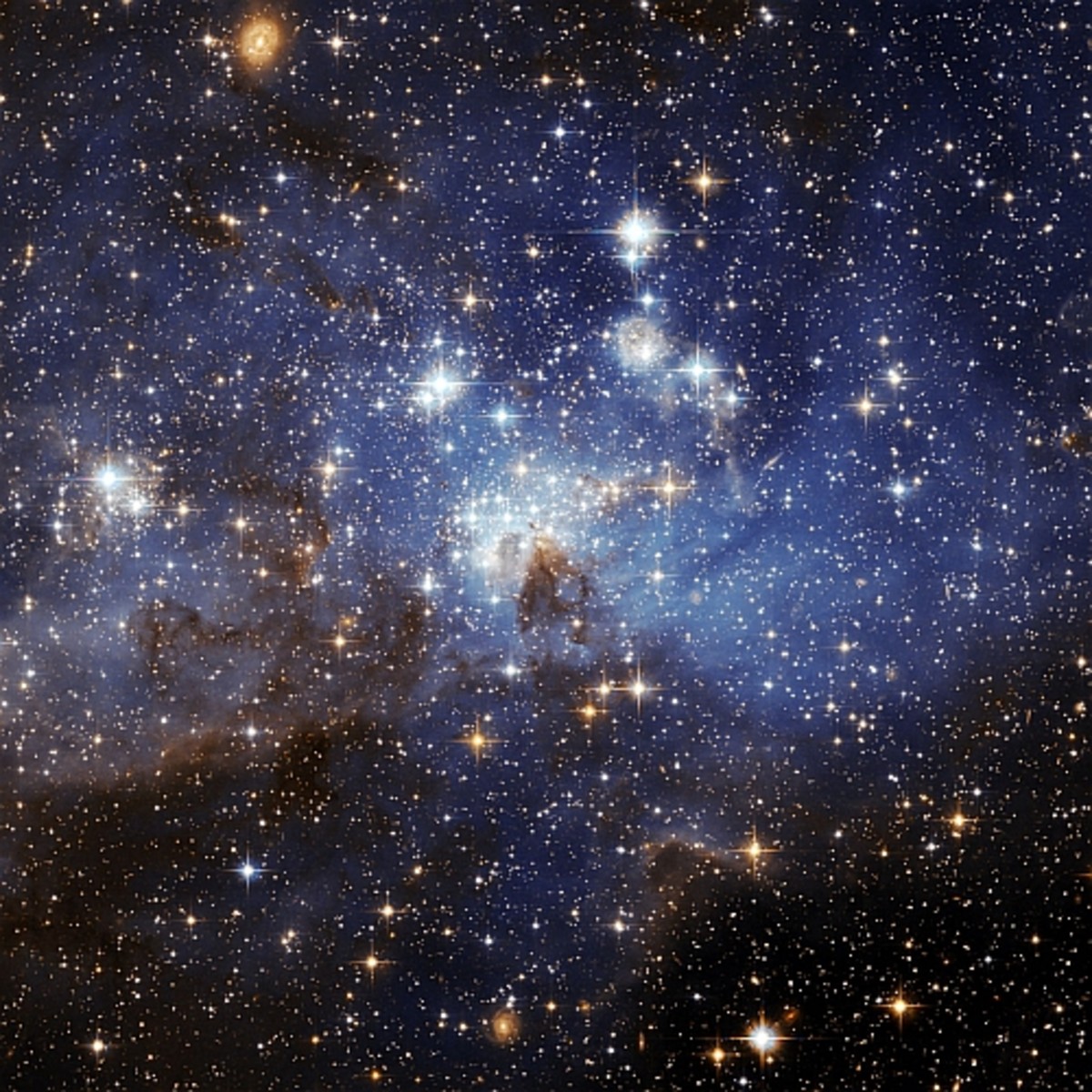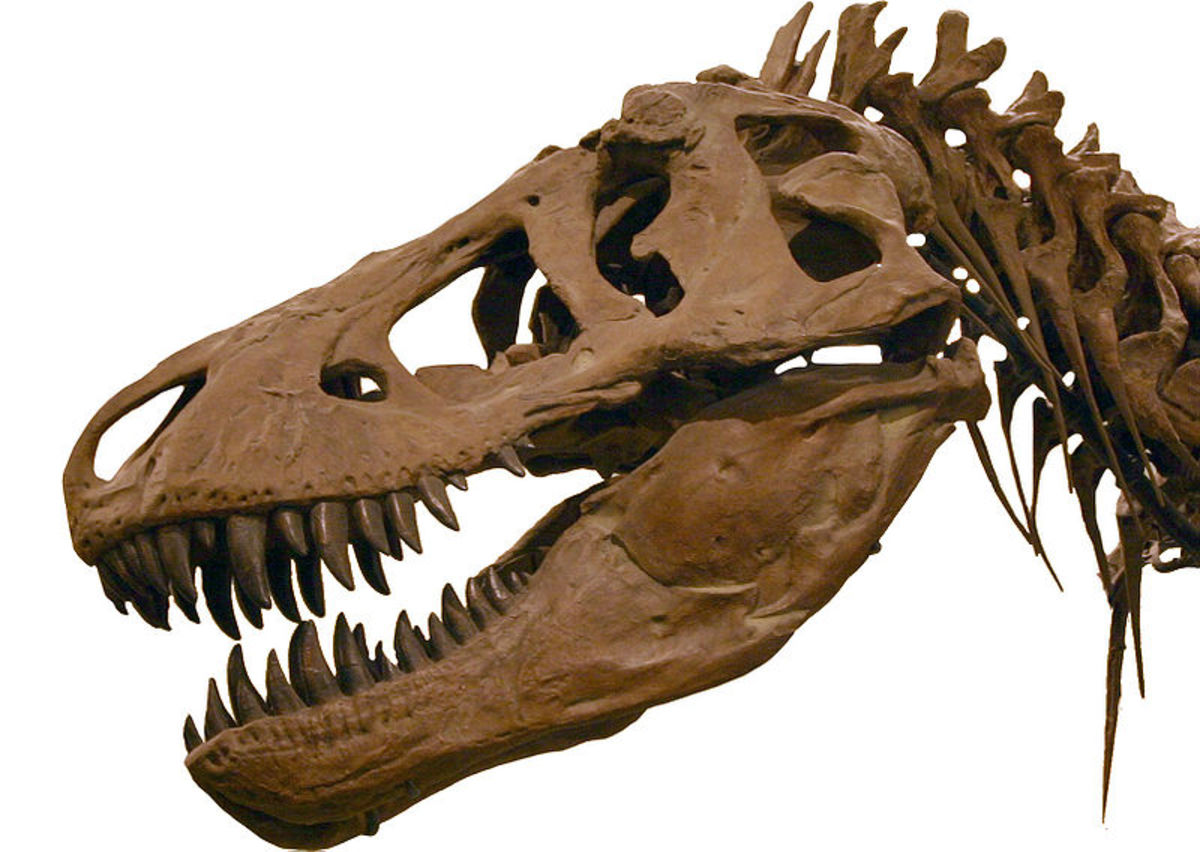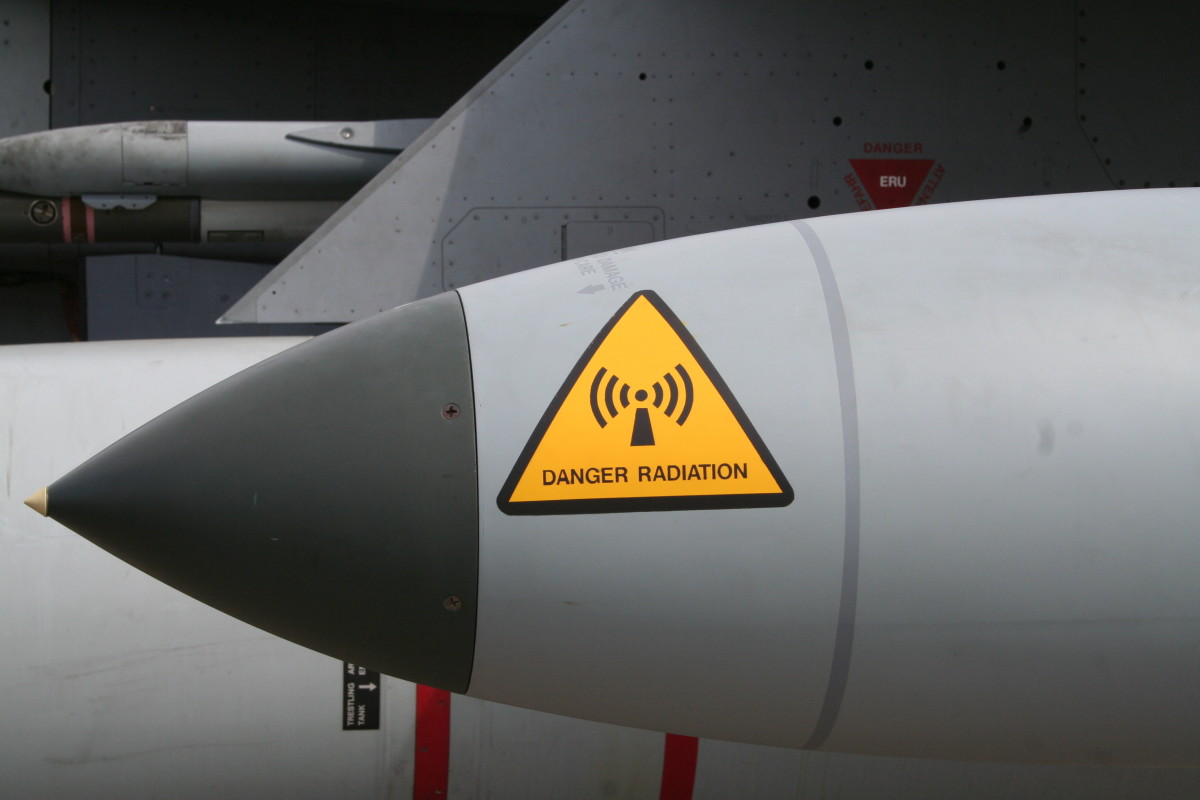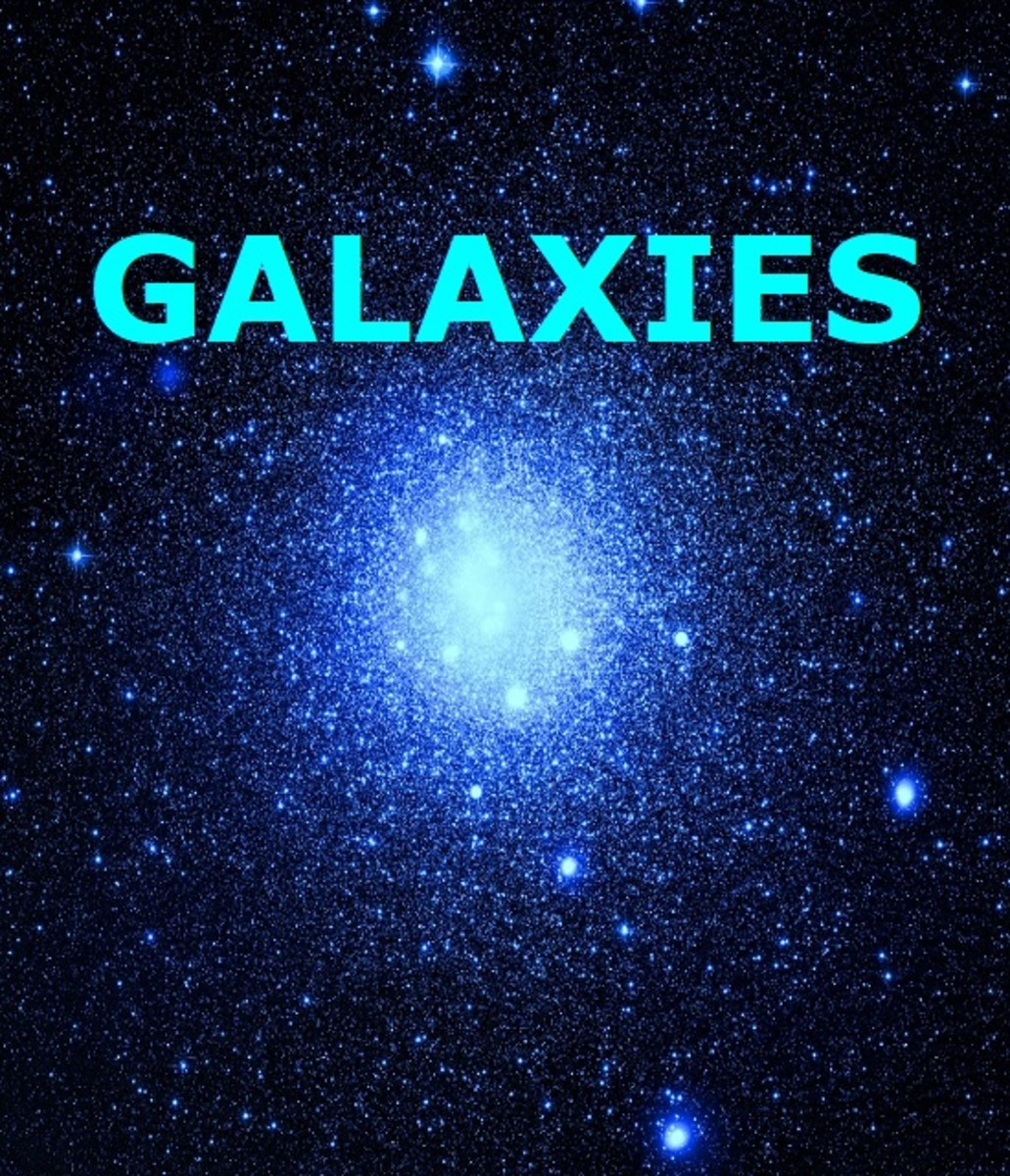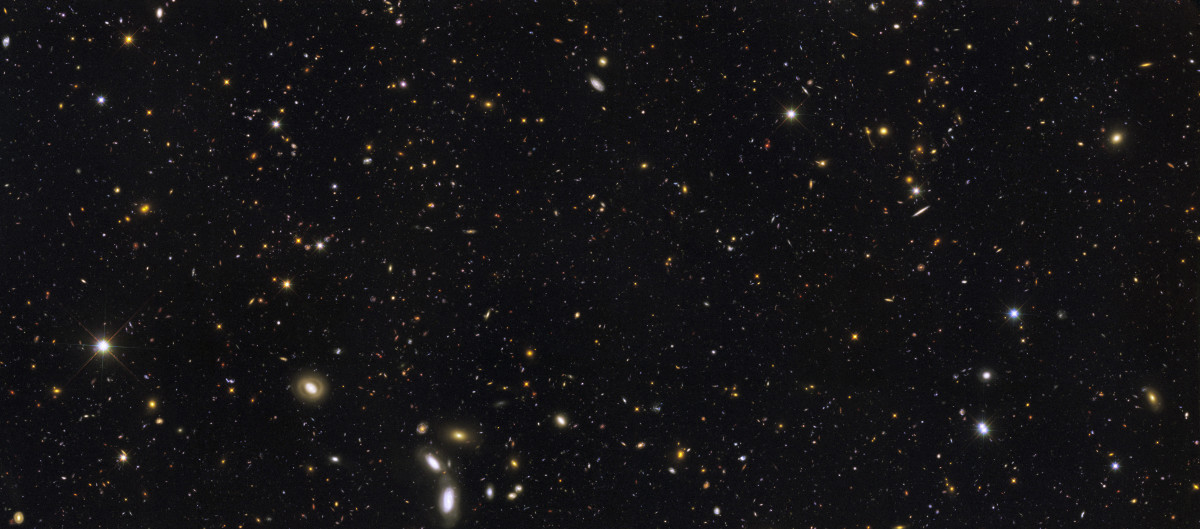Science and the end of the world
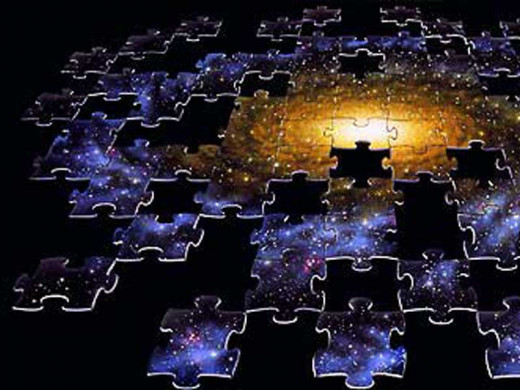
The real end of the world
There has been a lot of speculation in the last few years about the hypothetical “end of the world” in 2012, but nothing happened! People somehow gained trust in more than a thousand year old Mayan “prophecy”, which is only just a misunderstood calendar. Scientists have also worked on their version of the apocalypse, but on a larger scale – by hypothetically determining the model of the universe we live in, they tried to find out how will it all end. This has nothing to do with 2012, not even with LHC or “God’s particle”, this is just one of the possible scenarios scientists, mostly astronomers, see that it might happen.
First: End of life on Earth
We do not need to ask ourselves when will humanity disappear – it might disappear this instant and we won’t be able to know it because we will be gone also. It might happen that some lunatic presses the wrong button and start a nuclear war. That might even happen at the end of this year, as some think that the Mayas predicted, so we will truly have a “nuclear winter”. But, our hopes lie on the other side – we will survive as a species, we will not eat each other although we have the power to change the course of nature. But, if nature is concerned, life on Earth will end in a billion years time from now. The reason will be the increasing of the Sun’s glow. When the Sun starts to shine more intensively, the glasshouse effect will start to take place, and it will be based on water vapor rather than on carbon dioxide. Seas and oceans will dry and the whole atmosphere will evaporate into interplanetary space.
Second: End of Earth
After its atmosphere is gone, the Earth will remain a seared, fiery, scorched and sterile piece of rock, so the only thing that remains is for her is to wait for the Sun to “swell” and absorb her along with Mercury and Venus. This might happen in 6 billion years from now. After that, the Sun will shrink into a white dwarf and all other planets of Solar system will fall onto him. The other scenario includes a possibility for the Earth to engage into a collision with a massive object that will completely crush our planet and that object, respectively. But that kind of space encounter will surely not happen in any near future as we see it.
This is the end of everything: We all try not to understand this romantically but somehow that notion always slips away. When we talk about the end of the world, even if it is the end of “everything”, we have to imply some romantic to it. The end of universe will happen when the time stops, as scientists say, and the reason will be battling between forces of gravitation and expansion, resulting in predominance of either one or an equilibrium. There are 3 possible scenarios on this:
- The first says that the forces of gravity will overpower the expanding forces and the universe will start to progressively shrink until the moment when it ceases to exist, to the point of its origin at the Big Bang, 15 billion years ago. Then it might explode again and a whole new universe will be created, with different laws that are inconceivable by our human mind.
- There is even a theory of equilibrium, speaking about two forces finding balance thus enabling the universe exist in peace. This is the third scenario.
- The second and the most interesting scenario says that the cosmos expands progressively and it will expand until the question of expanding loses all meaning since there will be no one to think about it. At the first hundreds of billions of years, all planets would have collapsed to their home stars. A small portion of them will be disrupted by gravity forces and be thrown far away from all nearby objects. Slowly, the material from which the stars are made will be spent and stars will be disappearing one by one. Then, the last star will extinguish and the cosmos will sink into deep, everlasting darkness. As time passes, the star remains – the black stars will be caught in a spiral and in their last dance they will slowly approach the galaxy center where a giant black hole lurks.
In the meantime, the universe will expand beyond limits of our boldest imagination. Objects that are left will wander that vast space – these objects will be black holes, very diluted dust clouds, escaped planets, black star remains and dainty fuzz of subatomic particles such as neutrino, positron, and many more yet undiscovered. But that is not the end of the story.
After a very, very long period of time, so long that it is not worth mentioning (1066 or even 10100 years), everything, including black holes, will disappear due to Hawking radiation – a phenomenon discovered by Stephen Hawking, which explains that even black holes are not eternal as they emit heat on a little scale – so the dissolution of black holes will take a lot of time, but it will happen. At the very end, even atoms and subatomic particles will dissolute. And that’s where eternity begins: idle, with no physical events at all. The only thing left is for the time to stop and then universe will finally be at peace.

